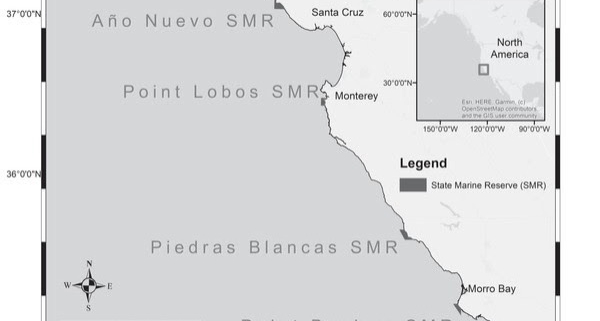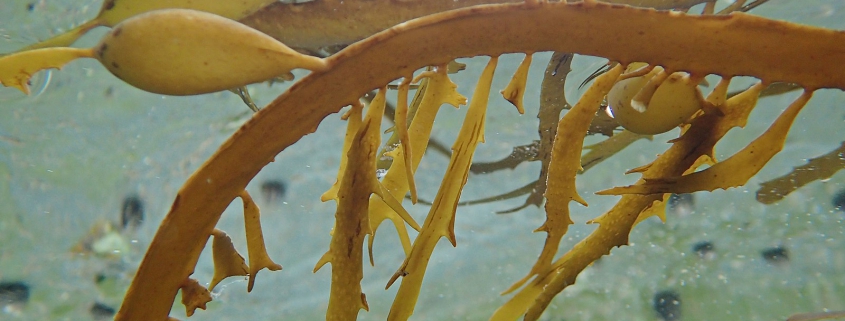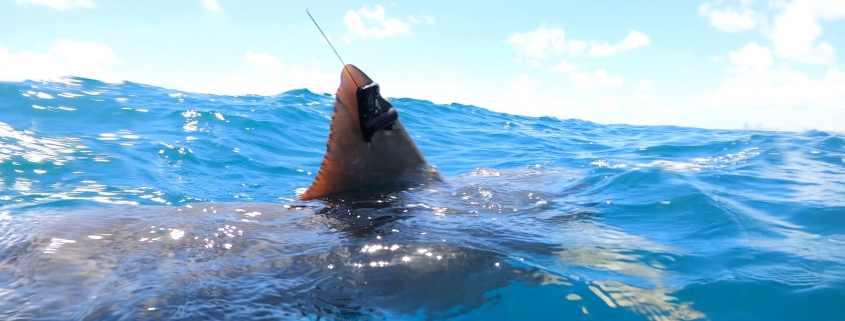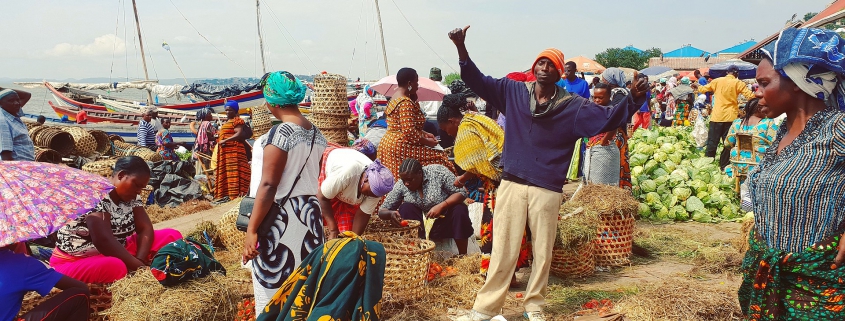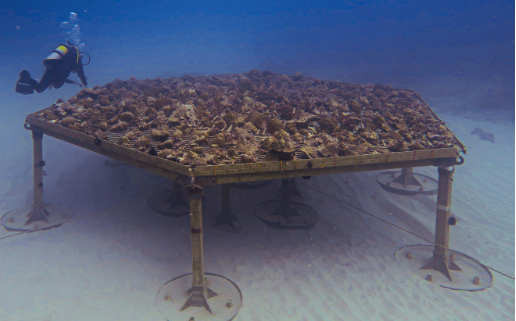Fishing for Answers: Learning About Fishery Research Volunteers Through Surveys
By Oliver Topel, SRC Intern Today’s blog revolves around a group of researchers who interviewed volunteers from the California Collaborative Fisheries Research Program (CCFRP). Their paper, “Long-term participation in collaborative fisheries research improves angler opinions on marine protected areas,” examines how the volunteers’ time in the program impacts their views on marine protected areas (MPAs). […]
Genomic vulnerability of a dominant seaweed species points to future-proofing pathways for Australia’s underwater forests
By Rebecca VanArnam, SRC Intern Endemic to Australia, Phyllospora comosa “is a forest-forming seaweed inhabiting the south-eastern Australian coastline that supports vital ecosystem functions” (Wood, 2021) (Figure 1). Like other species, climate change is causing biological changes within seaweed and seaweed-dependent organisms (Wernberf, 2011). As climate change impacts this seaweed species in Australia, scientists look […]
2020 Shark Research and Conservation Highlights
2020 was a year for the books! While we were unable to conduct in-person research and outreach for most of the year, we developed new ways of advancing our research and engaging the public. Despite the challenges of 2020, we are proud of what we were able to accomplish and are excited to share some […]
Trophic transfer of microplastics from copepods to jellyfish in the marine environment
By Meagan Ando, SRC intern Our oceans face great threats in this day and age. The list is quite expansive, but one such threat is microplastics. Microplastics are tiny bits of plastic, usually around the size of a sesame seed or smaller, that originate from everyday items such as water bottles or straws that find […]
Social adaptive capacity: How coastal fishers will respond to a changing environment
By Peter Aronson, SRC intern As a pandemic has devastated the entire planet, scientists warn that the accelerating impacts of climate change in the future could be similar, or worse, as they are anticipated to lower productivity in many ecosystems (Asch et al., 2017). This will lead to severe changes to ecosystem services, with dire […]
Coral Stress and Conservation
By Morgan Asmussen, SRC intern The oceans are vital to Earth and its inhabitants as it covers more than seventy percent of the planet and holds about ninety-seven percent of Earth’s water. Climate change, however, is linked to human habits and activity in our daily lives. Climate change occurs with the increase of greenhouse gases […]

